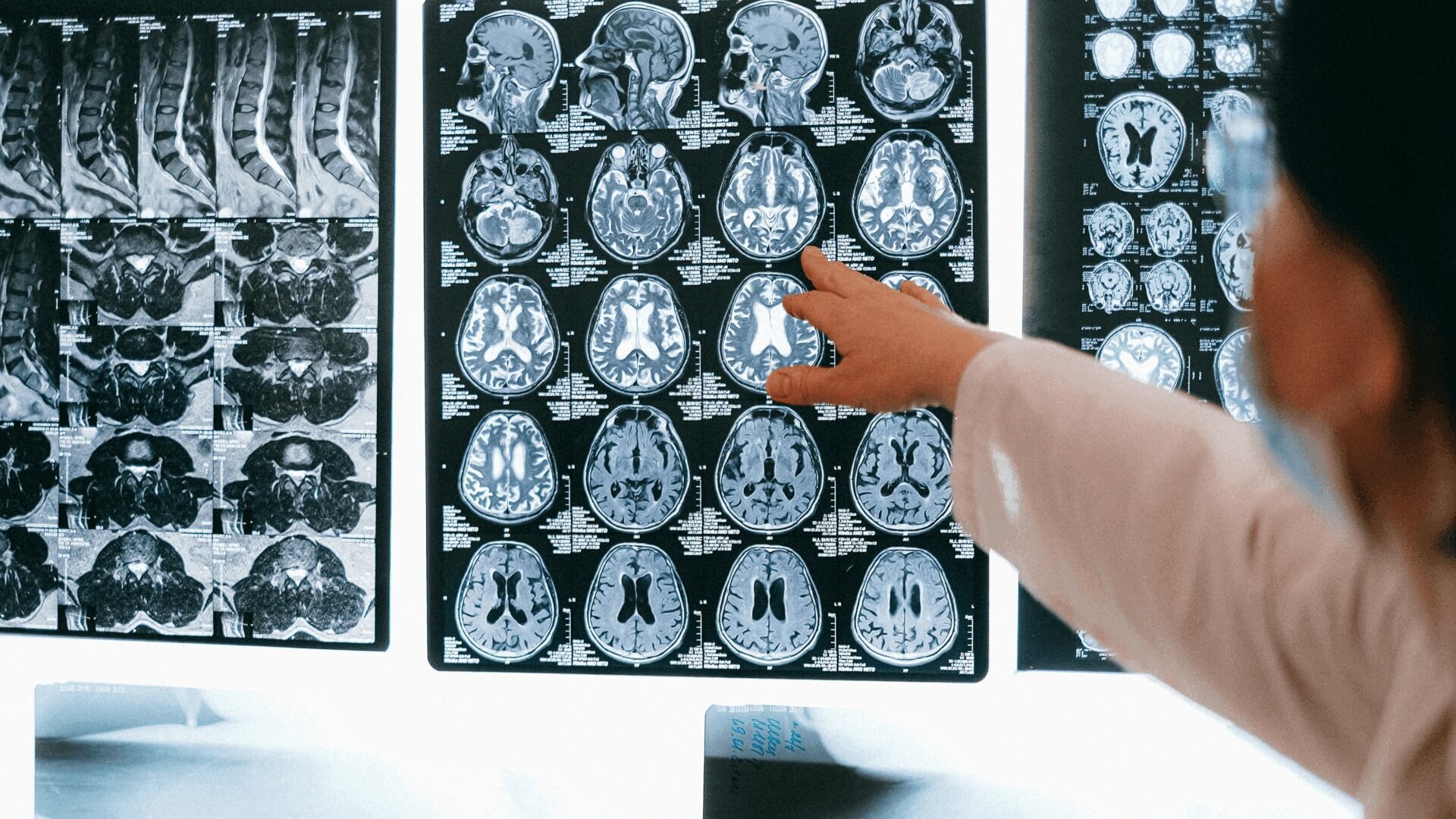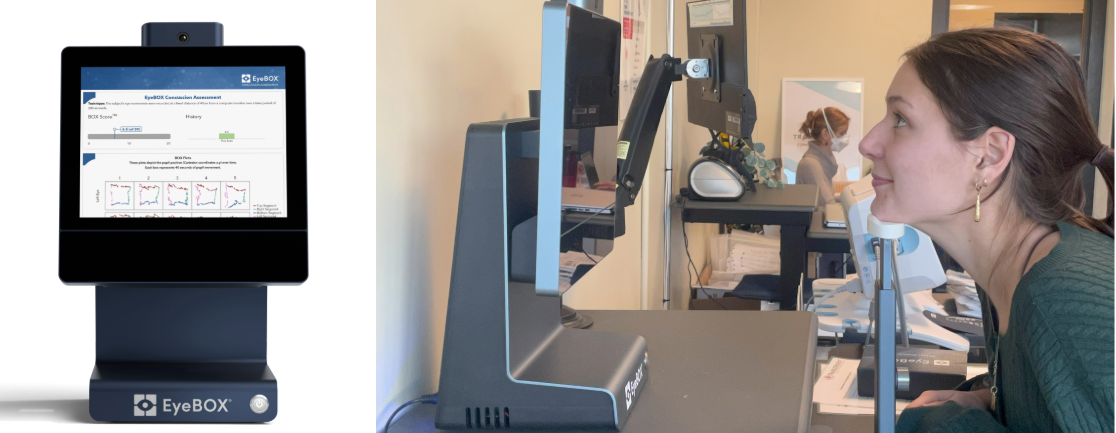Building Canada's largest concussion research dataset
TRANSCENDENT represents a truly integrated, collaborative effort to advance concussion care across Canada. Over the next five years, the program aims to recruit 5,500 participants who have sustained a concussion, with participants seen in-person at 360 Concussion Care Clinic locations across Ontario including Ottawa, Toronto and Burlington, with future expansion to people with concussions living in remote or underserved areas by leveraging wearable technology to conduct advanced remote assessments to supplement virtual encounters.
Participants provide important injury and lifestyle information, and some also take part in sub-studies examining physical activity, stress responses, vision and balance, mental health and sleep, advanced brain imaging, and blood and saliva tests. This deep and broad understanding of concussion will help the TRANSCENDENT's ultimate goal of precision care – offering the right treatment for the right patient at the right time.
All participant data are securely stored and shared through Brain-CODE, OBI's state-of-the-art research data platform. This initiative aims to create one of the largest concussion datasets in Canada, giving researchers nationwide the tools to collaborate, accelerate discoveries, and improve concussion care across the country.
Advancing knowledge for an integrated concussion care
TRANSCENDENT takes a comprehensive approach to concussion research, examining both individual impacts and population-level recovery patterns. For instance, the team studied how concussion symptoms may be explained by impairments to the body's automatic nervous system (including hypersensitivity to light and noise, increased anxiety, and headache), publishing their findings in JAMA Network Open. The study highlights that it is important to assess autonomic functioning after concussion, and rehabilitation must address physical, cognitive, and emotional recovery to help children safely return to school and daily activities.
Clinical rehabilitation is another key research priority. Dr. Kathryn Schneider's work, presented in the program's speaker series on Demystifying Concussion Rehab: Cervicovestibular Insights, focuses on therapies targeting the neck and inner ear to relieve persistent symptoms such as dizziness, imbalance, and headaches. Her holistic, personalized rehabilitation plans demonstrate how targeted therapies can enhance functional recovery and improve daily life.
Extending impact beyond clinical settings
TRANSCENDENT is also advancing concussion care at the community and system levels. In partnership with the Coaching Association of Canada, the program’s team members supported the development of Making Head Way in Sport, a free, 60-minute online National Coaching Certification Program eLearning module. This resource equips coaches, parents, and participants with evidence-based knowledge to prevent, recognize, and respond to concussions safely, ensuring research benefits communities across Canada involved in youth sports.
A comprehensive approach to concussion recovery
From introducing innovative diagnostic technology to establishing evidence-based rehabilitation strategies and developing national education programs, TRANSCENDENT is transforming concussion care at every level.
By addressing concussion care from the clinic to the playing field, TRANSCENDENT is setting new standards nationwide, benefiting patients, families, coaches, and healthcare systems alike. With over 400,000 Canadians aged 12 and older estimated to sustain one or more concussions each year, the program's integrated, collaborative approach demonstrates how research, technology, and education can combine to drive system-wide improvements and improve outcomes for all Canadians affected by concussion.



